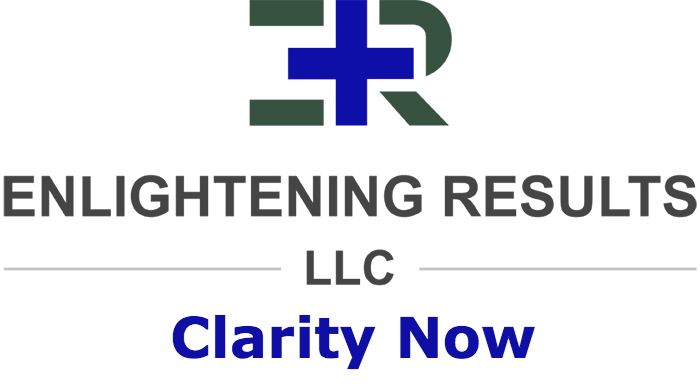The Silence is Deafening
/In the last few days, I have reached out to 4 different clinical trial study information support lines and individual study sites for patients to potentially enroll.
Not one reply or call back.
No auto-response messages.
No chatbot.
Nothing.
For all the efforts and hype on the latest digital health innovations in patient clinical trial matching, expediting patient recruitment, increasing population diversity, as well as efforts towards decentralized trials, we repeatedly don't get the basics right.
Individuals searching for clinical trials, for themselves or for loved ones, are often desperately seeking options when a diagnosis, like cancer, has shattered a life.
Is it too much to ask to get a reply when someone reaches out about wishing to possibly enroll in a clinical trial?
Not only do we not do enough to proactively educate and introduce patients to the potential of clinical trials significantly earlier in treatment planning, we fail patients by not ensuring that the basics of customer support are functioning and on standby 24 hours a day.
Cancer doesn't have off-hours, holidays, or go OOTO. Most individuals are working or occupied with life’s obligations and commitments during “regular business hours”. Most individuals are likely searching for clinical trials during business off-hours, weekends, holidays, and their own personal time-off. How are we meeting these individuals where they are?
Imagine spending hours searching clinicaltrials.gov, narrowing down potential studies, having questions about eligibility, reaching out and NO ONE CALLS OR EMAILS YOU BACK.
Imagine not even getting a generic auto-response email acknowledging that your inquiry was received. What an unbelievably lonely, hopeless, and abandoned place this is!
For the record, this is not:
· Patient-Centered
· Patient-Focused
· Patient First
· Putting the Patient at the Center
but rather in strict contrast with what is typically touted at most pharma and biotech industry clinical trial focused conferences & company websites.
We hear the grim statistics about how globally more than 80% of clinical trials fail to enroll, resulting in study extensions, addition of new study sites, or complete termination.
We know how poor the lack of diversity is in enrollment and clinical trials in general.
Explain to me how we repeatedly don't answer the door when patients come knocking? Stop saying patients are reluctant to participate. Please, please, open the door and pick up the phone when we call. Our life, our the life of our loved ones’, may depend on it.
Study sponsors, are you calling and contacting your information hotlines regularly to check on response times or to see if you even get a response? Do you have continuous coverage during off business hours and holidays?
Study coordinators, have you tried reaching out to see if you can get emails and calls back? Do you recognize that not everyone celebrates the same holidays or closes for end of year with OOTO messages? Life-altering, life-limiting diseases have no days off.
Any patient inquiries should be triaged to a human being to directly follow-up as soon as the inquiry for possible enrollment hits. In our hyperconnected world, there is no excuse for not having real-time support 24 hours a day, 365 days a year.
You can't only market 24/7/365. For clinical trials to be successful, you have to be ready to connect and welcome in real-time. This is not a technology issue. It is a clear lack of priorities and not meeting people where they are.
Patients reaching out with interest in clinical trials is authentic patient engagement.
If I repeatedly run into this problem in my patient advocacy work as a seasoned professional, what hope does the average individual have in connecting to trials? As we look to 2022 for priorities and goals in the clinical trial arena, please make sure to make answering the knock on the door and picking up the phone when it’s ringing an essential fix.

